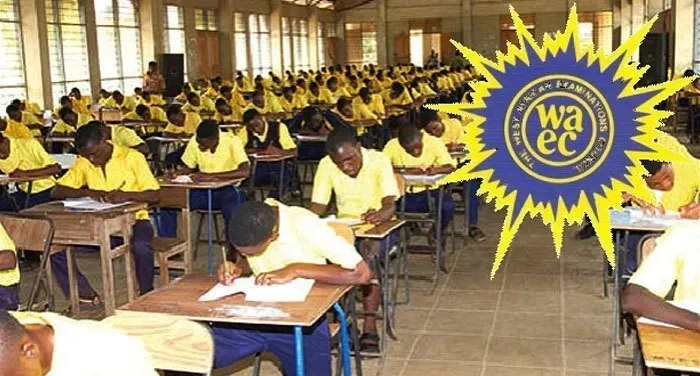In a shocking revelation that has sparked concern across Nigeria’s education sector, the Lagos State Government disclosed that 26,592 public school students failed the 2024 West African Senior School Certificate Examination (WASSCE). This alarming figure represents 45.7% of the 58,188 public school candidates who sat for the exam.
Lagos State Invests ₦1.577 Billion in WAEC Fees
Despite the poor performance, the Lagos State Government invested heavily to support student participation. Commissioner for Basic and Secondary Education, Jamiu Tolani Alli-Balogun, announced during a ministerial briefing in Alausa, Ikeja, that the state paid ₦1.577 billion to cover WAEC registration fees for students.
“The sum of ₦1,577,794,000 was paid by the State Government as examination fees for 58,188 students who were captured for the 2024 WASSCE,” Alli-Balogun stated.
Government Introduces Biometric Screening to Enhance Accountability
To ensure efficient use of resources and reduce fraud, the government implemented biometric and image registration for the 2025 WASSCE. According to the Commissioner, 56,134 students have so far been verified and registered as genuine beneficiaries of the government’s sponsorship scheme.
This step is part of a broader strategy to tighten accountability and curb wastage in the educational system.
New Educational Intervention: Eko Learners’ Support Programme
In response to the high failure rate, the Lagos State Government has launched a new educational initiative — the Eko Learners’ Support Programme for WASSCE and NECO Candidates.
Rolled out on January 14, 2025, the programme is designed to strengthen academic performance in public schools and equip students with the necessary tools to succeed in external examinations.
The initiative underscores the Ministry of Basic and Secondary Education’s renewed commitment to reversing the decline in academic performance and boosting student success rates in national and regional examinations.
What’s Next for Education in Lagos?
With over 45% failure rate despite substantial government investment, the state’s education authorities face mounting pressure to re-evaluate current strategies and ensure public school students are better prepared for critical exams like WASSCE and NECO.



